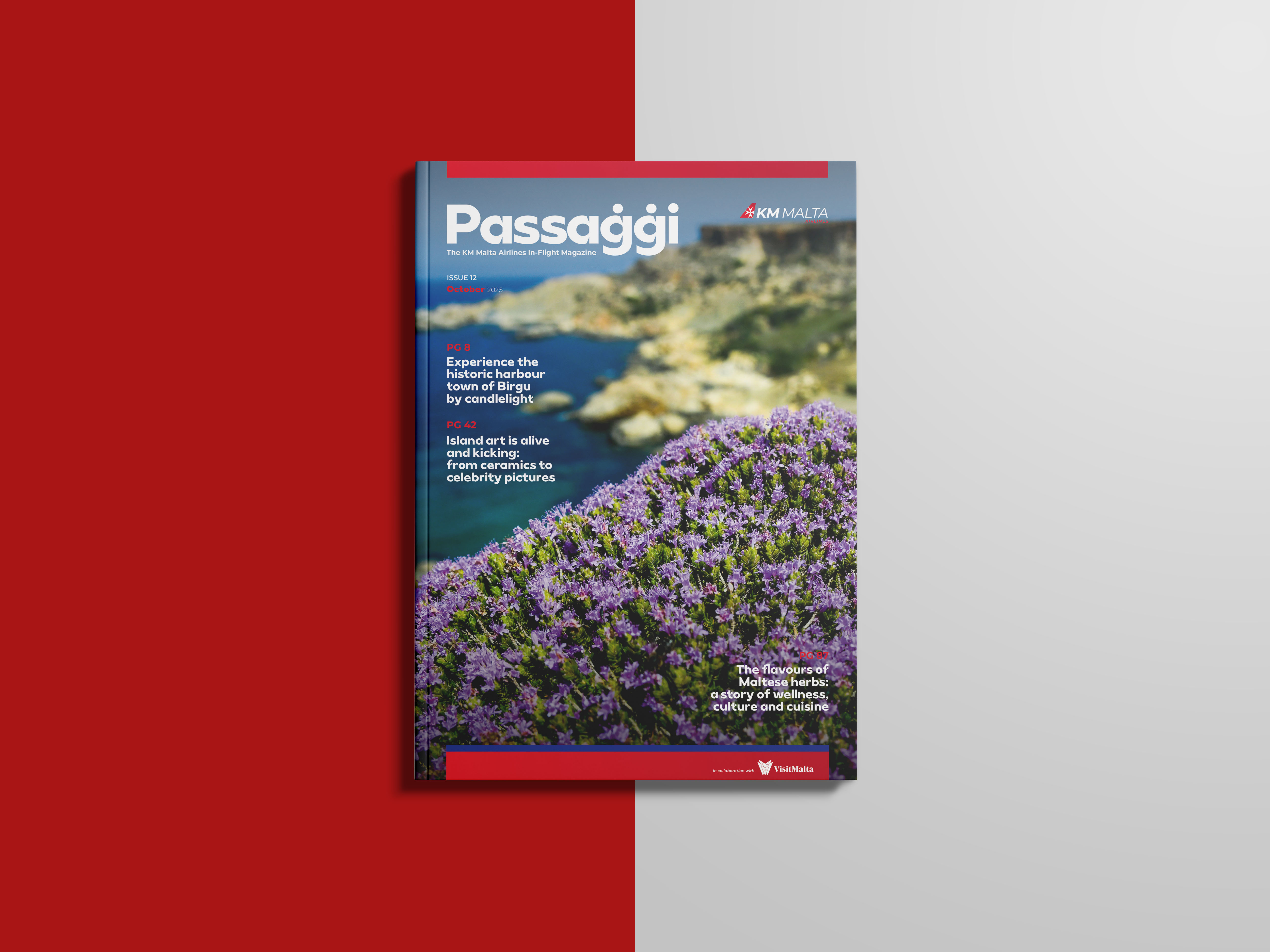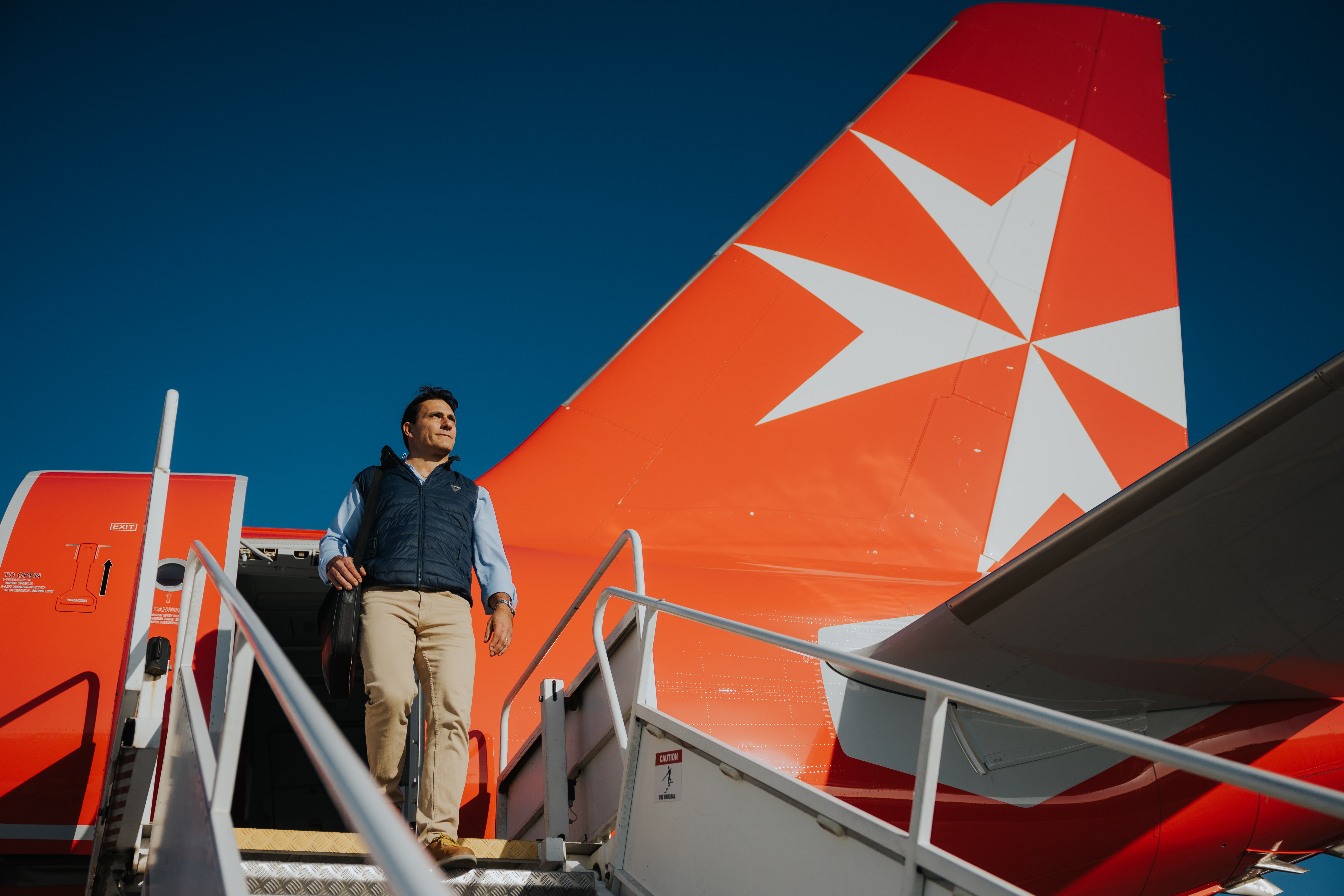LITHIUM BATTERIES
Lithium batteries have become such a common, everyday item that they have been taken for granted by consumers, with little thought given to the precautions that need to be taken to ensure lithium batteries do not pose a hazard in air transport. This issue can present itself either in passenger baggage but even more so in air cargo.
Lithium batteries are defined as dangerous goods by the United Nations, which specifies the very stringent manufacturing and testing requirements the batteries must meet. Specific requirements to ensure that they can be carried safely by air in both cargo and baggage are determined by ICAO (International Civil Aviation Organisation) and these are then reflected in IATA’s Dangerous Goods Regulations.
Watch informative videos here and here.
LITHIUM METAL BATTERIES
Sometimes referred to as ‘primary’ batteries, lithium metal batteries are typically non-rechargeable and used in long-life applications such as watches, calculators and emergency locator beacons. The term lithium metal encompasses lithium alloy batteries and includes those containing sulfuryl chloride and thionyl chloride.
LITHIUM-ION BATTERIES
Sometimes referred to ‘secondary’ batteries, lithium ion batteries are rechargeable and used in consumer electronics such as mobile phones and laptop computers and in larger applications such as e-bikes and motor vehicles. The term lithium ion includes lithium polymer and lithium iron phosphate batteries.
Lithium batteries may be dangerous and can cause fire if not carried properly. Whether a lithium battery can be carried by air or not depends on its configuration and its Watt-hour (Wh) rating (for rechargeable lithium-ion/polymer batteries) or Lithium Content (LC) (for non-rechargeable lithium metal batteries).
Passengers travelling to and from the US with lithium batteries should refer to this site for further guidance on limitations associated with the carriage of lithium batteries and other dangerous goods.
Lithium batteries carried in any baggage must conform to the above acceptance criteria. For safety concern, we may refuse further carriage of any excessive and unacceptable batteries upon discovery.
A person guilty of an offence under subarticle (1) of The Airport and Civil Aviation (Security) Act shall be liable, on conviction, to a fine (multa) or to imprisonment for a term not exceeding two years or to both such fine and imprisonment.
Please read the following to determine if the battery you intend to bring is acceptable:
- ≤100Wh (2g): Small lithium batteries and cells for mobile phones, cameras, watches, portable music players, laptop, computers etc.
- Configuration: In equipment; Spare batteries must be individually packed to prevent short circuit.
- Cabin Baggage: Yes.
- Checked Baggage: Yes (but recommended to put in cabin baggage); Spare batteries not allowed.
- >100Wh to ≤ 160Wh: Medium lithium batteries and cells include extended life batteries for laptop computers, portable medical equipment, and batteries used by audiovisual professionals. Lithium metal batteries with a lithium content exceeding 2g but not exceeding 8g.
- Configuration: In equipment; Spare batteries must be individually packed to prevent short circuit.
- Cabin Baggage: Yes. Two spare batteries per passenger
- Checked Baggage: Yes (but recommended to put in cabin baggage); Spare batteries are not allowed in checked baggage.
Prior approval through our call centre is required for batteries >100Wh to≤ 160Wh.
- >160Wh: Large lithium batteries and cells primarily for equipment used in industry, and may be found in some electric and hybrid vehicles, mobility devices, scooters, etc. This item is forbidden in any baggage - Must be presented and carried as Cargo in accordance with the IATA Dangerous Goods Regulations. For lithium-ion battery powered wheelchairs or other similar mobility aids for use by passengers whose mobility is restricted by a disability, health/age, or a temporary mobility problem (eg broken leg), please contact our reservations office for assistance.
- >300Wh (up to 300Wh): Battery-powered wheelchairs/ mobility aids with lithium ion batteries (collapsible), lithium ion battery must be removed and carried in the cabin. It is recommended that passengers make advance arrangements with each operator.
- Configuration: In equipment; Spare batteries must be individually packed to prevent short circuit.
- Cabin Baggage: Yes (battery must not exceed 300Wh, or for a device that is fitted with 2 batteries , each battery must not exceed 160Wh); A max. of one spare battery not exceeding 300Wh or two spares not exceeding 160Wh may be carried
- Checked Baggage: No
- Electronic cigarettes, also called ‘personal vaporisers’ or ‘electronic nicotine delivery system’, are battery powered devices which can cause overheating through the accidental activation of their heating elements resulting in fires.
- Configuration: In equipment
- Cabin Baggage: Yes
- Checked Baggage: No
Important Notes:
LITHIUM BATTERIES
- Please ensure that you have the information available for our staff when requested on the Watt-hour (Wh) or Lithium content (g) for all the installed and spare batteries that you are planning to bring either as carry-on or check-in baggage. Lithium batteries with no or unclear marking of Watt-hour (Wh) rating or Lithium Content (LC) will be refused carriage.
- Amp-hours (Ah) to Watt-hours (Wh) Conversion: Multiply Ah by Voltage (V), (1Ah = 1,000 mAh), both of these data are displayed on the information plate of the battery. Example: 2.38Ah x 14.4V = 34 Wh for a laptop computer lithium-ion battery
- Spare lithium batteries must not be placed in check-in baggage
Lithium batteries must be of a type which meets the United Nations (UN) test requirements specified in the UN Manual of Tests and Criteria, Part III Section 38.3.
Although not recommended, if you need to pack your electronic device in your checked baggage, you have to make sure that the devices are completely switched off and protected from accidental activation. Spare batteries and power banks, however, always have to be transported in your carry-on baggage - never in your checked baggage - and they must be individually protected to prevent short-circuits. E-cigarettes must always be in your hand baggage.
Whether in your carry-on or checked baggage – the battery must not exceed a certain watt-hour (Wh) as indicated in the table above and should be bought from original retailers only and never from untrustworthy sources
Equipment/Electronic devices installed with built-in or plug-in lithium batteries such as laptop computers, cameras, mobile phones etc must be switched off with measures to be taken to ensure that they cannot be accidentally activated when placed in check-in baggage.
SPARE BATTERIES
Spare batteries, also called “loose” batteries, are those not installed in equipment. A lithium-ion battery inside your laptop computer is an installed battery. A battery carried separately, as a backup when installed battery runs low, is a spare battery.
Portable battery charger / Power bank (with built-in lithium batteries) used to recharge the lithium-ion batteries contained in equipment, such as mobile phone, is considered as spare lithium battery. Spare batteries, should not be recharged while on board the aircraft. Additionally, power banks should not be connected or providing power to a device while on board the aircraft.
Terminals of all spare lithium batteries placed in carry-on baggage must be protected from short circuit by:
- Enclosing them in their original retail packaging, or
- Taping over the terminals, or
- Placing each battery in a separate plastic bag (or protective pouch)
Non-rechargeable batteries with more than 2 grams of lithium (eg ‘C’ size battery and above) are forbidden in any baggage and must be presented and carried as Cargo in accordance with the IATA Dangerous Goods Regulations.
DAMAGED, DEFECTIVE OR RECALLED LITHIUM BATTERIES
Lithium ion cells and batteries that have been identified by the manufacturer as being defective for safety reasons, or that have been damaged, that have the potential of producing a dangerous evolution of heat, fire or short circuit (e.g. those being returned to the manufacturer for safety reasons) can be very dangerous and are prohibited on-board our aircraft.
PERSONAL TRANSPORTATION DEVICES
Small lithium battery powered personal transportation devices, also known as hoverboards, self-balancing devices or gravity boards, were one of the most sold devices recently. These devices use powerful lithium batteries that are not allowed under the current regulations as they have a power rating of 100 Wh or more. There have been incidents where these items or their batteries overheated, caught fire and even exploded.
Because of the high risk posed by these devices, their carriage is prohibited on-board our aircraft. It is therefore safer to leave these items at home when flying.
DRONES
Larger drones, typically used for filming and other reasons in industry are normally powered by lithium batteries with a power rating of 100 Wh or more. If you are planning to travel with such equipment, check the Wh rating of the battery(ies) and strictly adhere to the limitations specified above. Batteries which are not properly packed and protected or exceeding 160 Wh will be refused. Limitations apply, so we suggest that you enquire with our call centre before the day of travel so we can guide you accordingly.
E-CIGARETTES
Electronic cigarettes (e-cigarettes) contain a battery and a heating element that vaporizes a liquid vapour to simulate tobacco smoking. They can be easily activated and raise their temperature quickly, igniting anything placed nearby. They cannot be carried in your checked baggage and must not be used on board our aircraft.
Several incidents were reported to the International Civil Aviation Organization (ICAO) involving e-cigarettes overheating resulting in a fire in checked baggage. For this reason, these devices can only be carried in the cabin, and it is forbidden to recharge them while on board the aircraft. We would also recommend that you carry e-cigarettes on your person, so that you can monitor them during the flight. If they are unintentionally activated or start to produce heat alert the cabin crew immediately.
POWER BANKS
Power banks are not Portable Electronic Devices (PEDs) - they are spare batteries and, thus, the restrictions for spare batteries shall apply. Spare batteries, including power banks, are forbidden in the checked baggage. They can be carried in carry-on baggage, but they are not to be charged during the flight or used to charge other devices during the flight. They must be protected from short-circuit (e.g. carrying them in their original package, tapping their terminals and putting them inside a plastic bag or box), unintentional activation, stowed as far as possible within the bag from any other battery and/or potentially flammable item (e.g. perfume).




